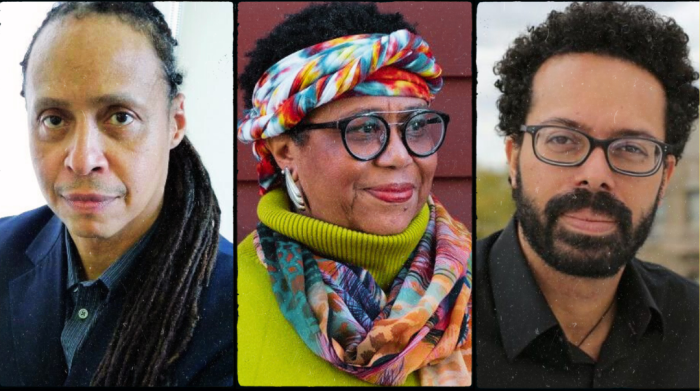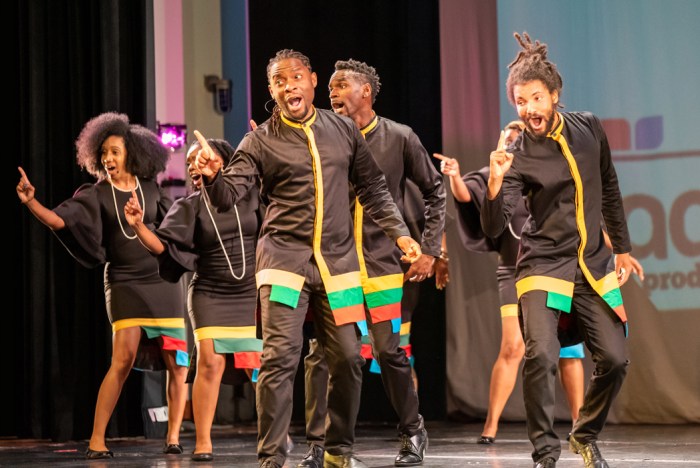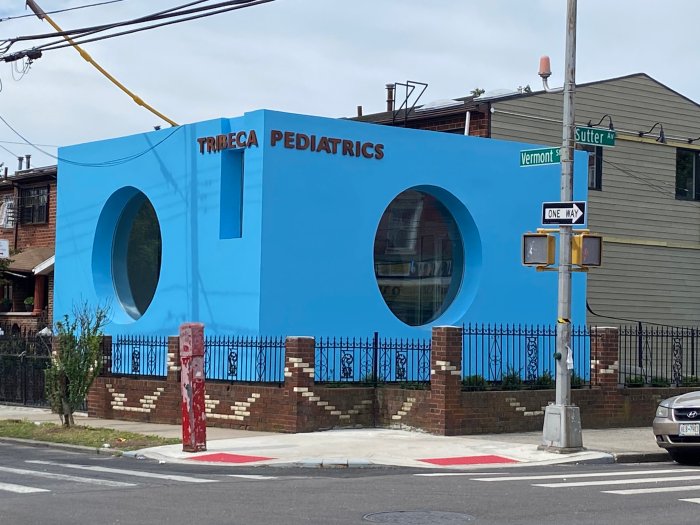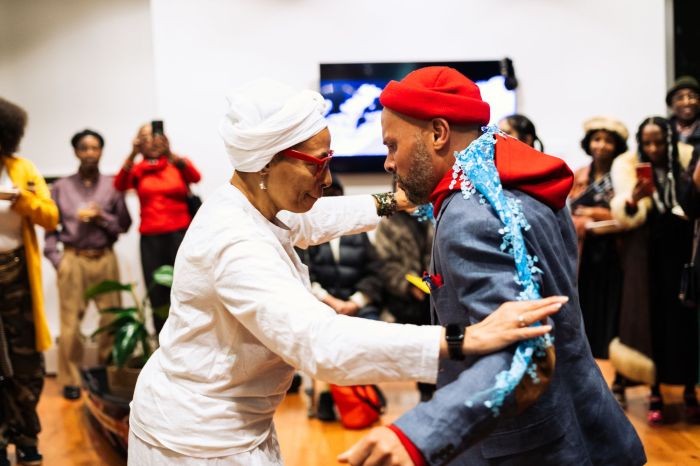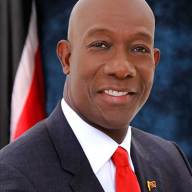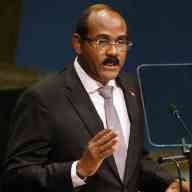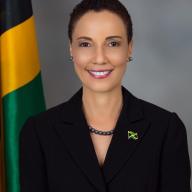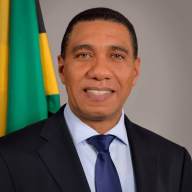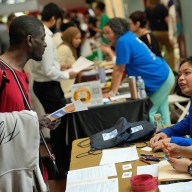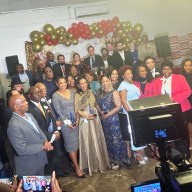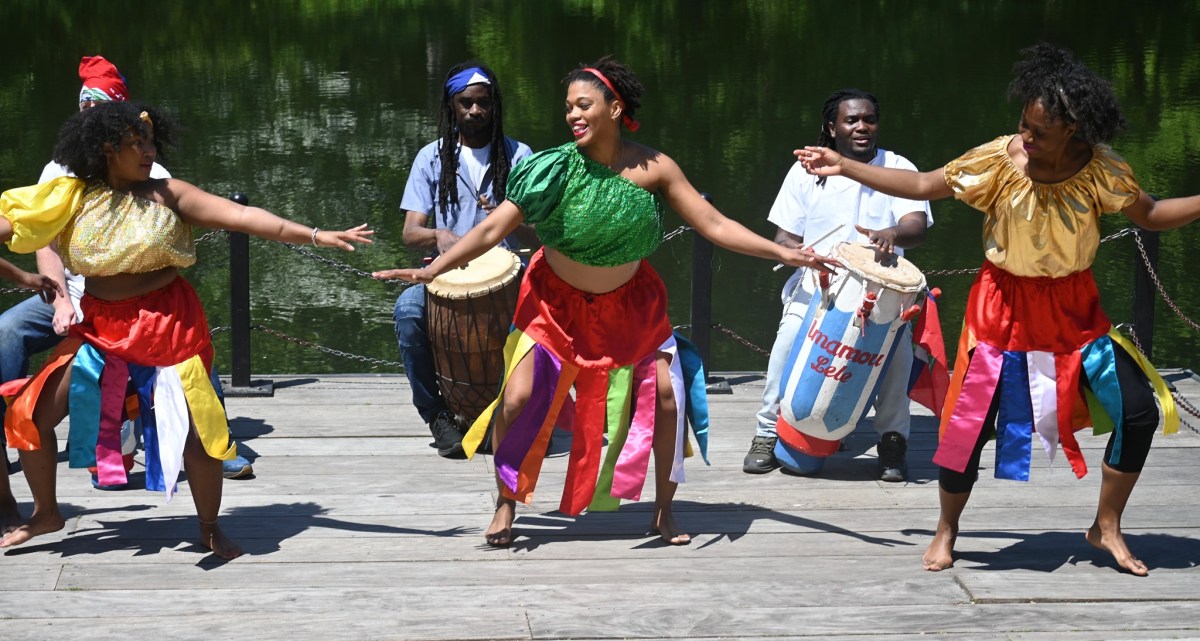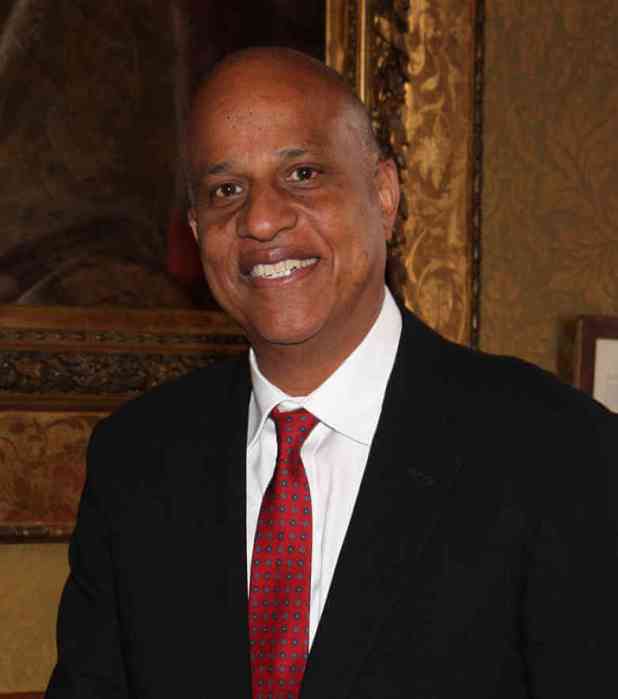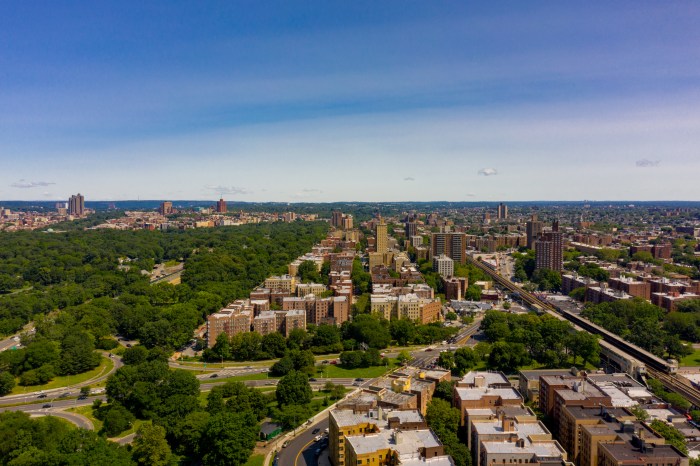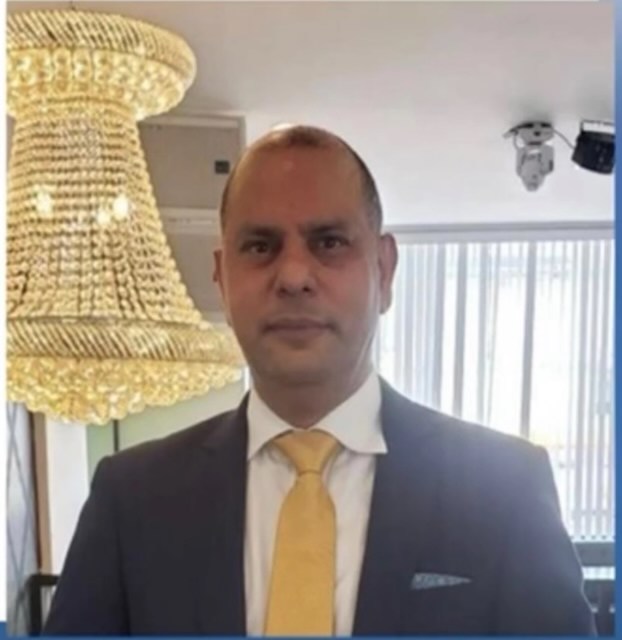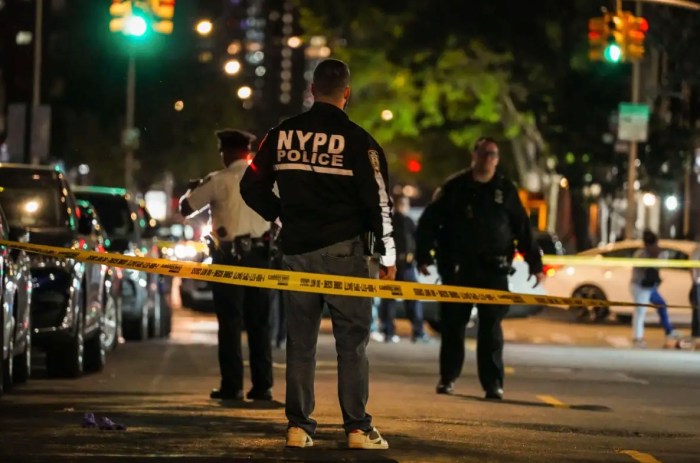“Cometh the Hour, Cometh the Man” -William Shakespeare
“One of those men who have become famous because in their fight for human justice they have chosen the entire world as their theatre” -Nelson Mandela on Sir Shridath Ramphal
“Everything is at stake for Guyana”-Sir Shridath Ramphal
During my law school days, circa 1979, two concerned alumni in the same International law class, asked me what was Guyana’s answer to Venezuela’s recurring claim to three-quarters of Guyana being illegally seized by Venezuela. The name Sir Shridath “Sonny” Ramphal entered my mind almost reflexively. “He is our trump card,” I reassured them, “He is a world renowned diplomat, and he will lead the way.”
His son Mark Ramphal had sat in the same class with me when I attended Queens College earlier in 1970. I later renewed my acquaintance with him at the UWI Law Faculty in Barbados. When I made the list for academic excellence in 1972 at Queens College, it was Lady Lois Ramphal who did us the honors of presenting all prize winners, while her husband, affectionately called “Sonny,” gave the feature address. My respect for this icon has only grown since then, as his global stellar achievements multiplied.
Coincidentally, through similar industry and application, Guyana’s present Ambassador to the U.S., S.R.D. “Bandit” Insanally, and Neville Bissember, Jr., also received prizes for academic achievement. These alumni are now two of Guyana’s leading international law scholars, and their inputs can only help Guyana’s cause. Retired diplomat, Odeen Ishmael’s contributions and experience will be invaluable to Guyana’s fortunes at this critical juncture in its history and well-being. So too will Rashleigh Jackson’s, Rudolph “Rudy” Insanally, and others too numerous to mention.
Eminent Guyanese jurist Mohamed Shahabuddeen, who served with distinction as a World Court Judge, can provide valuable input on the law and the inner workings of the Court. However, political differences must be put aside in favor of Guyana’s united, national interests.
The UK’s cooperation and assistance is also essential to Guyana’s case, as a necessary party and facilitator to the controversy, and, at a minimum, is morally obliged to assist a former colony it benefited so much from. The UK was a witness to the “Geneva Agreement,” the basis of the UN Secretary General’s decision, which was finalized in negotiations on Feb. 16-17, 1966, between Britain, Venezuela and British Guiana. It basically negated Venezuela’s claim from advancing. Moreover, this case is of paramount importance and international significance, and the future of world peace depends heavily on the way it is adjudicated.
Now, decades later, my answer to the recurring question as to who Guyana has to lead such a monumental defense to the important claim of defending Guyana, and defeating Venezuela’s illegal and dangerous threats, remain the same. Sir S.S. Ramphal was, and remains, Guyana’s trump card. He would be the first to tell you that he owes a lot to his native Guyana for being his oyster toward becoming what he is widely considered — the Caribbean’s leading international statesman, and a world renowned diplomat and internationalist.
However, he will soon be 90 years old, and by his own experienced estimations, the case will take “a matter of years” to be finally concluded. After all, it has dragged on for centuries, and Venezuela have advanced claim after claim, in an evil attempt to wrest Guyana’s territory from it, and most likely will continue to use such strategic tactics to thwart Guyana.
All Guyana and the world wish that “Sonny” will live far beyond the coveted century mark. However, realism and legal strategy dictate that we record and preserve his testimonies, respected opinions and utterances on this matter for future use in this landmark case. He is the only person alive today who was there when the treaty was signed, intimately involved at the highest levels.
Accordingly, Ramphal’s sworn deposition, thoughts, and arguments must be preserved in the sad event that Father Time calls time on him, or his faculties. This is done universally in legal matters to preserve testimony, and the importance of his is paramount to Guyana’s ultimate success in this case. To abdicate this responsibility and strategy would be tantamount to engaging in legal malpractice, and perhaps, handing victory to the Venezuelans.
Moreover, such precedent has already been created in this case. Venezuela’s belated 1949 claims has its genesis in a dubious, posthumous memorandum allegedly written by Severo Mallet-Prevost, one of the lawyers who presented the Venezuelan case before the arbitral tribunal in 1899, and who claimed that the award which settled the boundary between Venezuela and Guyana in 1899 was a result of a “political deal” between Great Britain and Russia, where a Russian judge was the chairman of the five-member arbitral tribunal, and was somehow manipulated. Severo refused to make his memorandum public and instructed that it should not be published until after his death.
Severo’s rantings, already bereft of reliability, accuracy, and compromised by the fact that the most senior lawyer who argued the Venezuelan case, former US President Benjamin Harrison, in none of his writings, mentioned any of the Severo allegations, have been allowed to survive and play a major role in the survival of Venezuela’s present claim-despite the fact that the 1899 agreement is corroborated by the ratification of the Treaty of Washington back in 1897 by the Venezuelan Congress, and Maduro’s present actions contravene his country’s own legislative history.
In contrast, the resume of Sir Sonny Ramphal is compelling in a case of this international magnitude. Few can match his credentials, credibility and experience on the world stage. He commands respect and charisma. Guyana must seize the moment.
In 1975 he left the highest legal positions in Guyana to be Commonwealth Secretary-General, a post he served with distinction and innovation for 15 years, excelling on a succession of international commissions. He was a key player fighting institutional racism in Southern Rhodesia, he spent much of his final five years as secretary-general in the struggle to end apartheid in South Africa, and had the honor of playing major roles in Nelson Mandela’s release from prison in February 1990, and Namibia’s independence the following month.
In the 1980s he served on five independent international commissions, the Brandt Commission on International Development, the Palme Commission on Disarmament and Security Issues, the Brundtland Commission on Environment and Development, the Commission on Humanitarian Issues, and the South Commission.
He was also co-chair with Sweden’s Prime Minister, Ingvar Carlsson, of the Independent Commission on Global Governance. Following his tenure at the Commonwealth Secretariat, he was appointed by the heads of government of the Caribbean Community (CARICOM) as their Chief Negotiator for international economic negotiations, with Europe, the Americas and globally. He also served as the Chancellor of the University of Warwick from 1989 to 2002, at the University of the West Indies until 2003, and as Chancellor of the University of Guyana.
Sir Shridath was appointed a Companion of the Order of St. Michael and St. George (CMG) in the 1966 Birthday Honors, and invested with his knighthood by the Queen at Buckingham Palace in February 1970. He was also appointed a Knight Grand Cross of the Order of St. Michael and St. George (GCMG) in 1990.
On Feb. 26, 1982, he was appointed an honorary Companion of the Order of Australia (AC), and on Feb. 6, 1990, he became the 19th appointee to the Order of New Zealand, New Zealand’s highest civil honor. He was decorated as a Member of the Order of the Caribbean Community (OCC) in the first conferment in 1992, and in May 2006 he was appointed an Honorary Fellow of Royal Society of Arts. He is a vice-president of the Royal Commonwealth Society, while the Ramphal Building at the University of Warwick was named in his honor.
Preserve his testimony and opinions. It will be a lasting legacy to his life’s work and pivotal to Guyana’s success before the World Court.
NB: Albert Baldeo is a civil rights activist and community advocate, and his political efforts placed previously ignored minority communities like Richmond Hill and Ozone Park firmly on the political and economic map. As the president of the Baldeo Foundation and Queens Justice Center, he has continued to fight for equal rights, dignity and inclusion in the decision making process. He can be contacted at the Baldeo Foundation: AlBal


